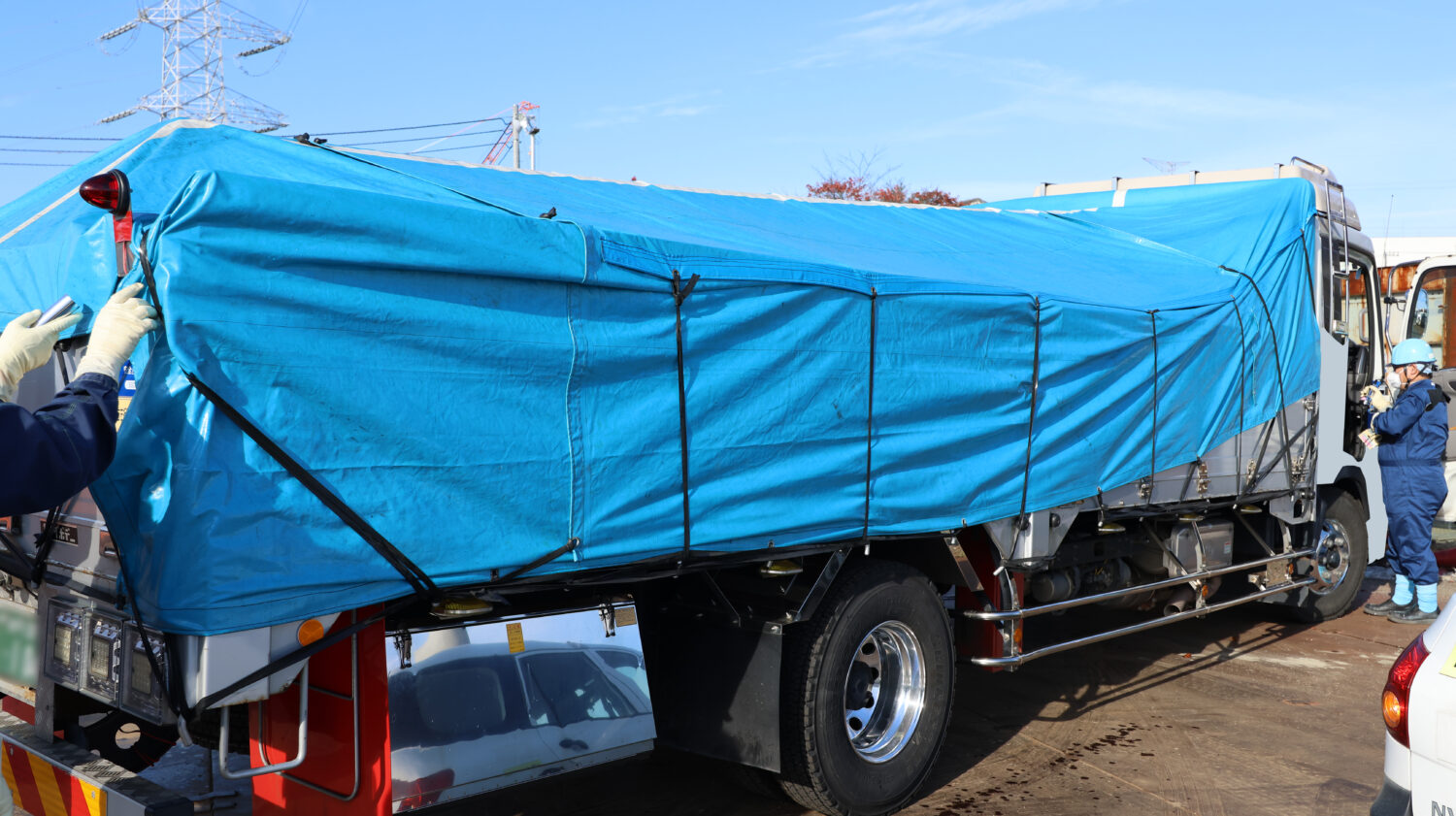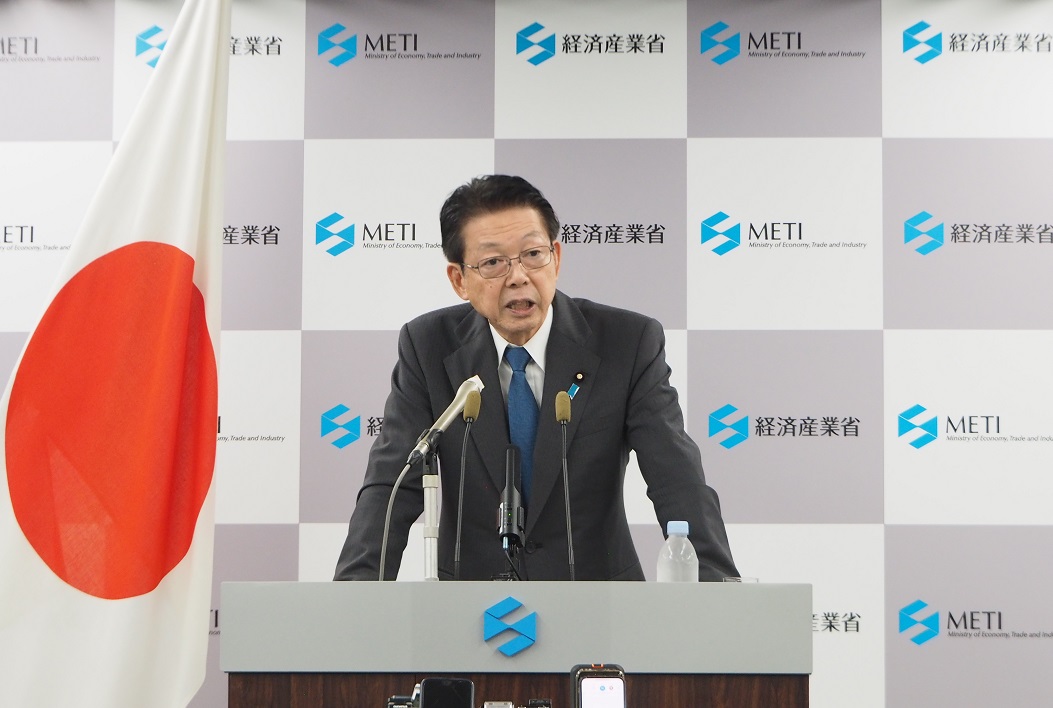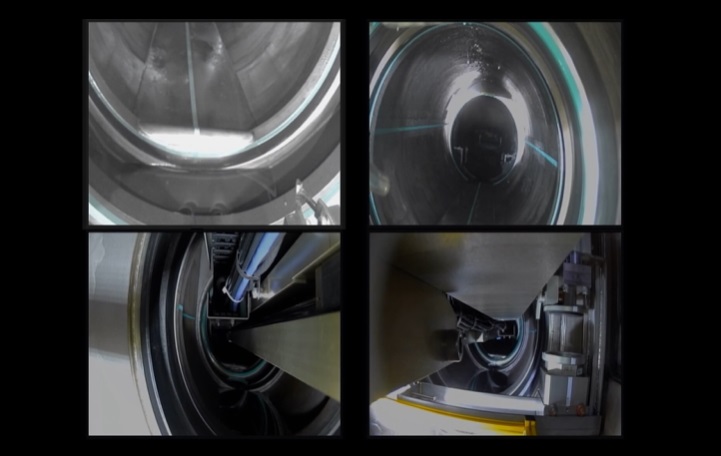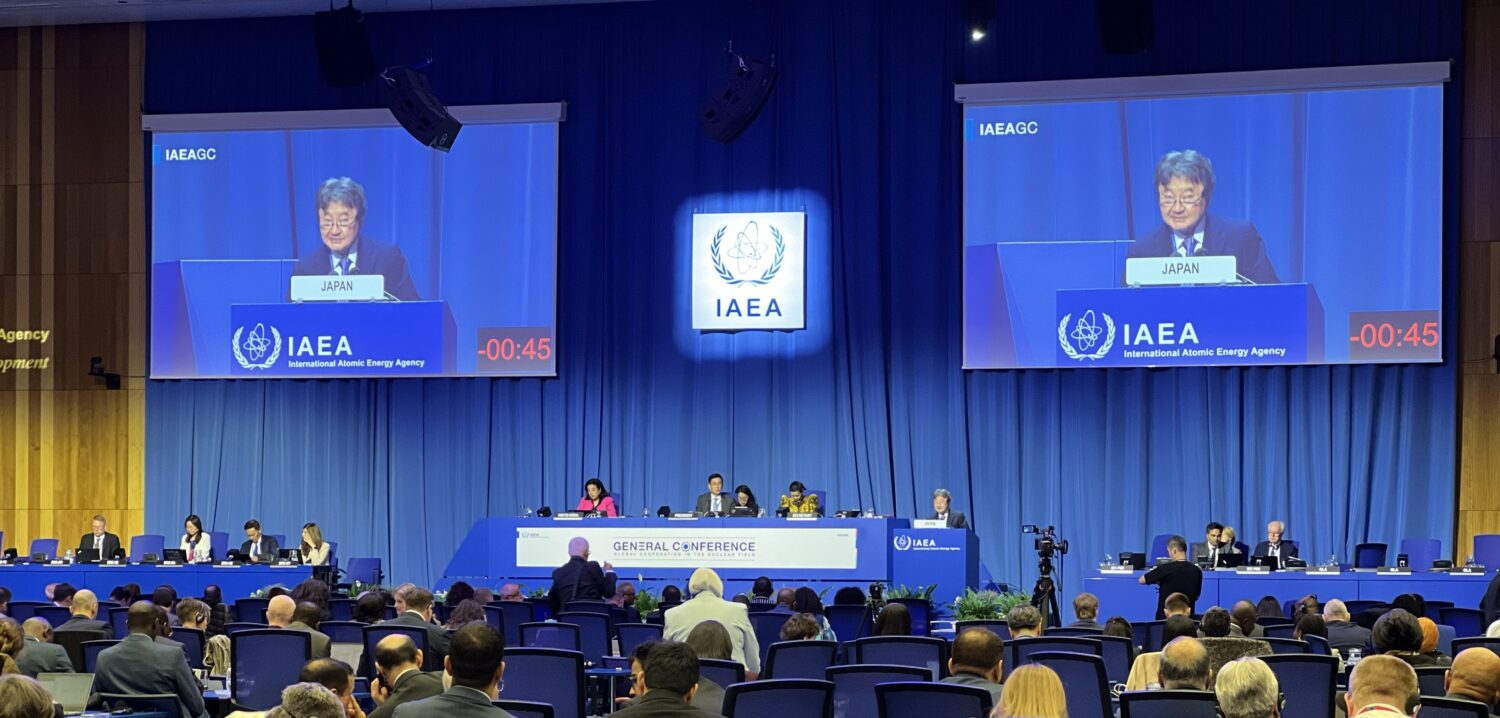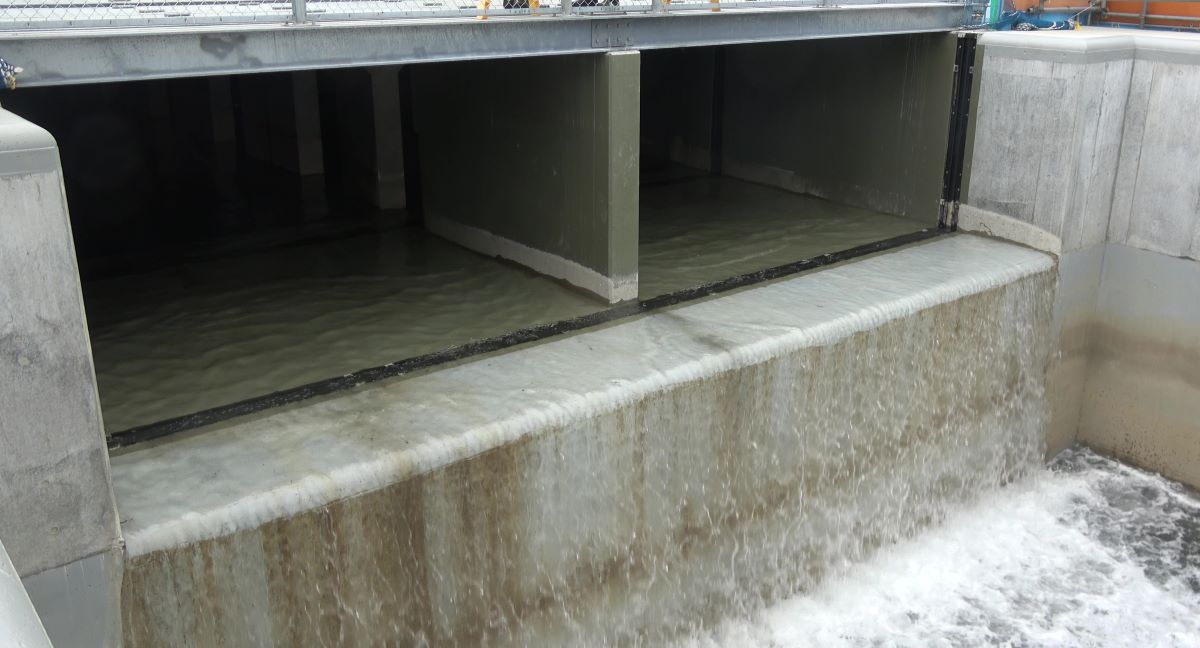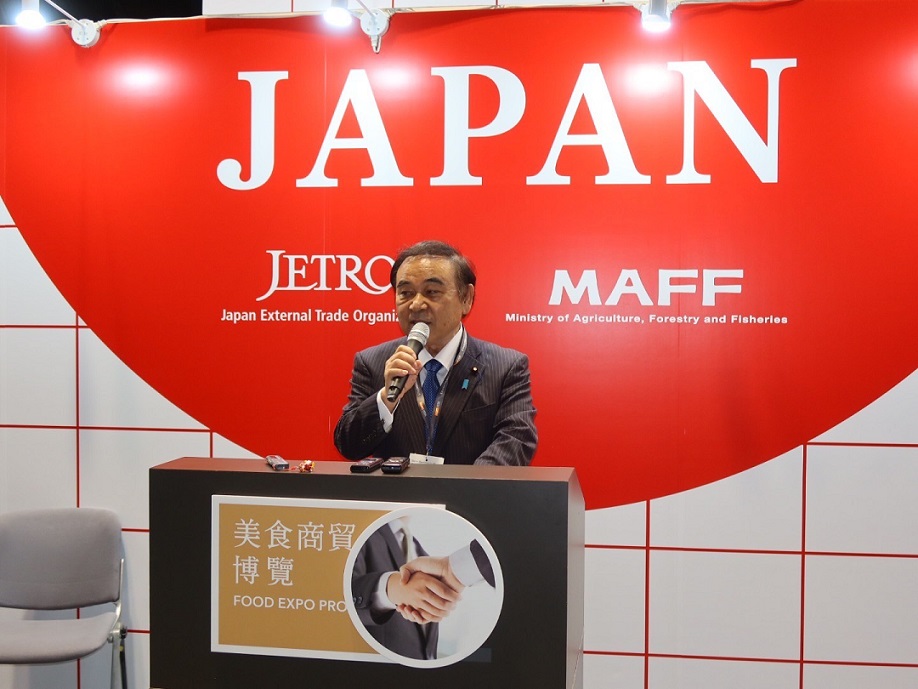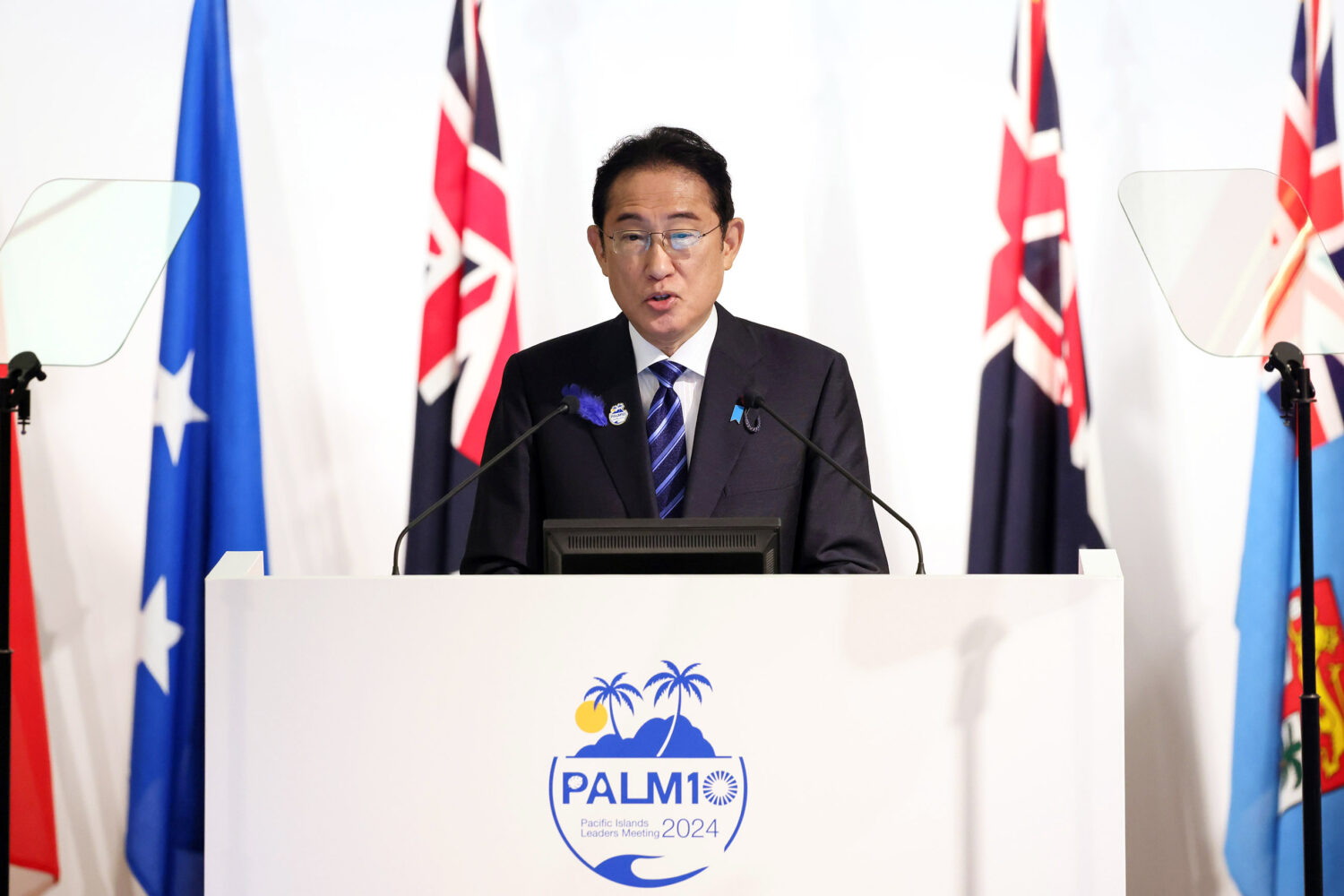Similar meetings to hear from additional local parties will take place in the future, toward a final decision by the national government on a disposal method for the water.
Contaminated water at the Fukushima Daiichi NPPs, continuingly generated during the cooling of fuel debris in the reactor buildings, is being purified using the Advanced Liquid Processing System (ALPS). One ongoing issue, however, has been the handling of the treated water containing tritium, which ALPS cannot remove.
In a report released in February on discussions up to that time, an ANRE committee said that offshore release and vapor release were both practical methods for handling the treated water, adding that measures to prevent unfounded fears and rumors also needed to be enhanced and strengthened.
On April 2, the International Atomic Energy Agency (IAEA) released a report reviewing that report. While agreeing that both types of release were technically feasible, it also noted that a decision on a disposal method would have to be made urgently with the involvement of all stakeholders.
At the April 6 meeting to hear various people’s opinions, Governor Uchibori explained the state of recovery of industries in the prefecture. Looking at fisheries, he referred to the reconstruction of fishing ports, where testing operations are being gradually expanded to the extent that the shipment of seafood is no longer restricted.
In the agricultural sector, meanwhile, the governor pointed out the reality of the gaps between product prices and national averages, citing increasing competition among various types of agricultural production. He also talked about the continuing restriction of imports of Fukushima-produced products by several countries and regions, and touched upon the numbers of tourists to the area.
“Tenacious activities are essential over a long period to eliminate unfounded fears and rumors,” he said, insisting that information on present conditions in Fukushima and accurate understanding of radiation “are not being properly disseminated.” He also asked the national government to take prudent action on how to dispose the treated contaminated water.
At the same hearing, Chairman Hidenori Koito of the Fukushima Ryokan Hotel Association adamantly stated that “no matter how much the contaminated water is diluted, the people’s level of anxiety will not be totally eliminated. Fears and rumors are not unfounded, but are acts intended to hurt others.”
At the same time, he expressed his understanding that safety could be assured in the actual releases of tritium water, as seen in other countries, based on the contents of the committee’s report. He also expressed the idea that release might be acceptable, but only if accompanied by compensation for losses throughout the disposal period.
Meanwhile, Chairman Kimio Akimoto of the Fukushima Federation of Forestry Cooperatives spoke out against any release of the treated water, expressing his concern for the effects it may have on mushrooms and wild vegetables, and of lost motivation for forestry operations.
Another person voicing his opinion at the hearing was Chairman Tetsu Nozaki of the Fukushima Federation of Fishery Cooperatives, who said that his industry stands ready to “steer the ship and increase the catch.” He emphasized that it was now a critical time for the prefectural fisheries industry as it moves toward more extensive reconstruction. In conclusion, he stated, “I cannot help but object to the offshore release, out of concern, as well, for its effect on the motivation of our young successors. The matter cannot be decided by the fishermen in our prefecture alone.”
Speaking from the perspective of tourism, Chairman Toshiichi Ogura of the Fukushima Prefectural Association of Towns and Villages, who also serves as mayor of Kitashiobara Village, where Lake Goshikinuma is located at the foot of Mt. Aizu Bandai, talked about the return of tourists to the area, both from Japan and elsewhere, in the nine years since the massive earthquake of March 2011. While he said that tourist numbers have inched back toward previous levels, he also stressed the continued severity of the current situation for towns and villages.
Regarding the handling of the treated water, the mayor said that people across Japan should also be brought into the discussion, with options for disposal outside the prefecture also deserving consideration.
Similar meetings were set for Fukushima City and Tomioka Town on April 13.




